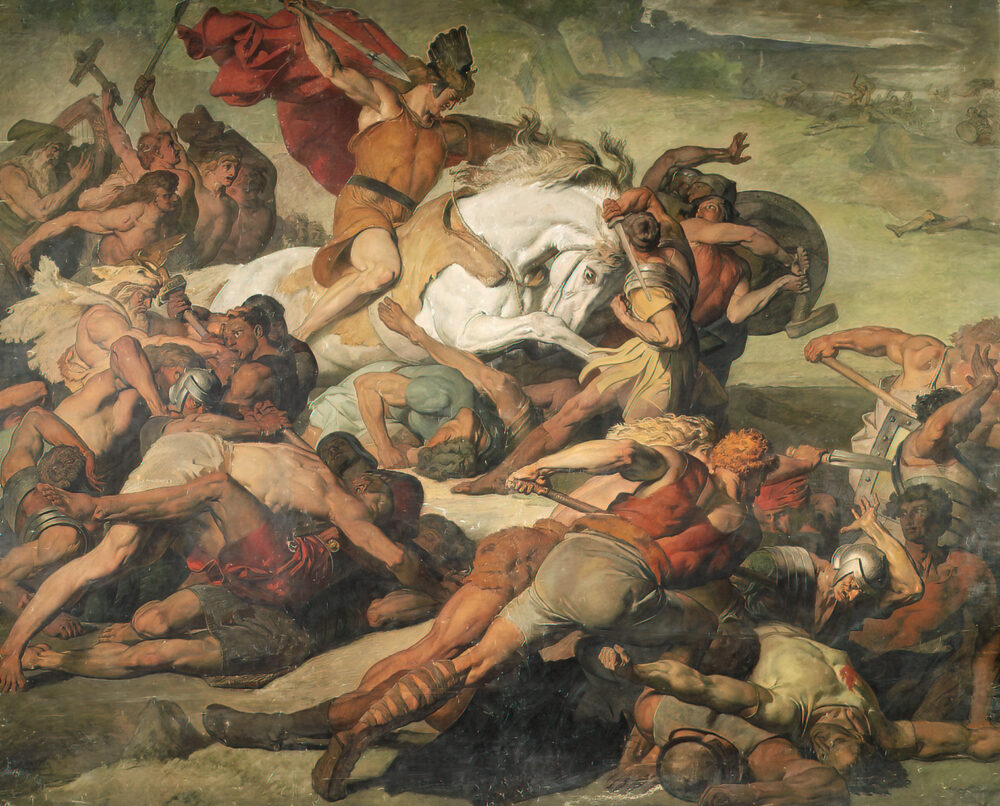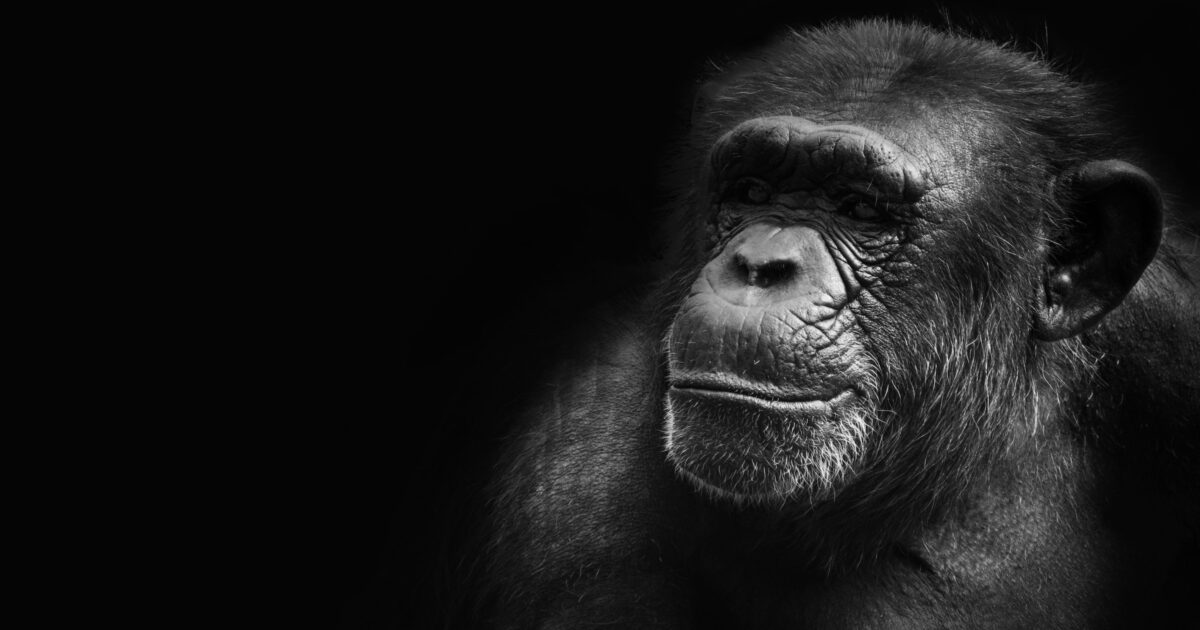
David Berlinski received his Ph.D. in philosophy from Princeton University and was later a postdoctoral fellow in mathematics and molecular biology at Columbia University. He is currently a Senior Fellow at Discovery Institute's Center for Science and Culture. Dr. Berlinski has authored works on systems analysis, differential topology, theoretical biology, analytic philosophy, and the philosophy of mathematics, as well as three novels. He has also taught philosophy, mathematics and English at such universities as Stanford, Rutgers, the City University of New York and the Universite de Paris. In addition, he has held research fellowships at the International Institute for Applied Systems Analysis (IIASA) in Austria and the Institut des Hautes Etudes Scientifiques (IHES) in France.
Recent articles by Dr. Berlinski have been featured in Commentary, Forbes ASAP, and the Boston Review. Two of his articles, "On the Origins of the Mind" (November 2004) and "What Brings a World into Being" (March 2001) have been anthologized in The Best American Science Writing 2005 , edited by Alan Lightman (Harper Perennial), and The Best American Science Writing 2002, edited by Jesse Cohen, respectively.
He is author of numerous books, including A Tour of the Calculus (Pantheon 1996), The Advent of the Algorithm (2000, Harcourt Brace), Newton's Gift (The Free Press 2000), The Secrets of the Vaulted Sky (Harcourt, October 2003), A Short History of Mathematics for the Modern Library series at Random House (2004), The Devil's Delusion: Atheism and Its Scientific Pretensions (Crown Forum, 2008), and The King of Infinite Space: Euclid and His Elements (Basic Books, 2013).
Archives


Berlinski: Why Humans Are Unique in the World of Matter

Blind Ambition — Revisiting Searle’s Chinese Room

Ovid in His Exile

David Berlinski on the Immaterial, Alan Turing, and the Mystery of Life Itself

Good as Gould? Ask a Chimp

David Berlinski on Chickens, Eggs, Human Exceptionalism, and a Revolution

Iterations of Immortality

David Berlinski on His New Book, Science After Babel

Science After Babel: An Exercise in Self-Criticism

Medved, Berlinski Take on Steven Pinker and Whig History

David Berlinski on Nazism, Darwinism, Emotivism, and Nature Rights

David Berlinski on the Universal Civilization, Architectural Decline, and Fleeing the Nazis

“The Activity of a Cell Is Like That of a Factory”
Peter Robinson Interviews David Berlinski, Pt. 3
Peter Robinson Interviews David Berlinski, Pt. 2

Peter Robinson Interviews David Berlinski, Pt. 1
David Berlinski on His New Book, Human Nature, Pt. 2
David Berlinski on His New Book Human Nature, Part 1
